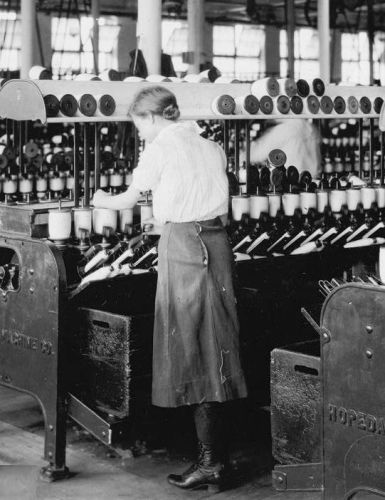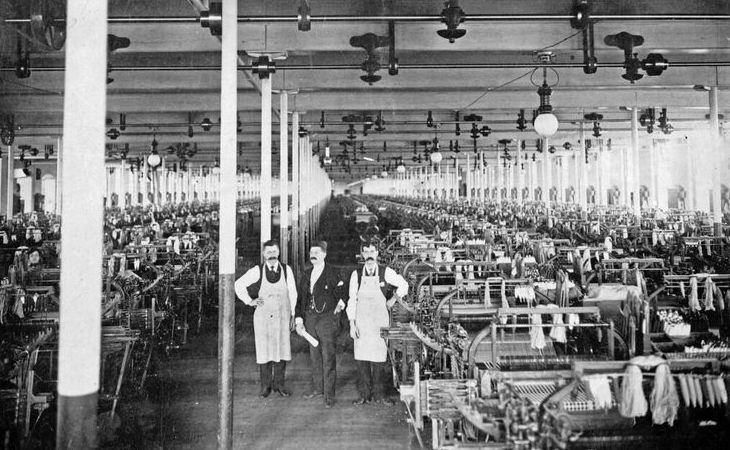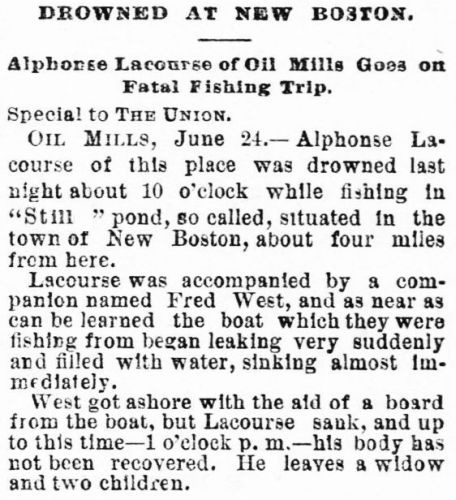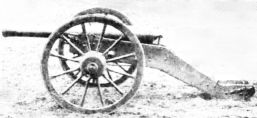New Boston Historical Society
New Boston, New Hampshire

Malvina Lacourse of New Boston was the same age as this "spooler" when she went to work in the Amoskeag Mills.
(Library of Congress photo)
A French-Canadian Family in New Boston
by Dan Rothman for the May 2024 issue of The New Boston Beacon
I was intrigued by Dennis's inquiry because prior to the 20th century almost no one appears in our town's history who was not of British or Irish descent except for Joe English, a Native American, and Samantha Plantin, a Black woman. French-Canadian immigrants are of particular interest to me because my wife's grandfather was one; Ernest Perron emigrated from Canada to Vermont exactly one hundred years ago. My wife's mother Martha Perron Alexander, who lived with us here in New Boston for six years, spoke French before she spoke English, and her cousin George Perron, who lived for many years on River Road opposite the Fairgrounds, was born in Quebec.

1855 record of the baptism of Alphonse Lacourse in Nicolet, Quebec
Louis Lacourse also died young in New Boston, when he was 38 years old. His body was found in what's now called Still Pond on June 23, 1893, the day after the New Boston Railroad was dedicated. The event on the 22nd had been celebrated by thousands of people with food and drink and a speech by the governor — did the celebrations contribute somehow to Louis's death, or had the young man jumped in the pond to cool off on a hot summer's day?

The New Boston Railroad was dedicated June 22, 1893.
What became of the Lacourse family after Louis died? The U.S. Census reveals that in 1900 his widow Caroline Lacourse was living in Manchester, NH, with her daughter Malvina and a younger son Arsène. The two children could speak English, the census tells us, but Caroline could not. Caroline was working as a weaver in one of the cotton mills and 16-year-old Malvina was a "spooler," which meant that she tended a spooling machine that wound thread around wooden bobbins, thousands of which were needed to keep the big factories humming.

Amoskeag Mills c.1900
The history of New Boston is one of rapid growth from its settlement in the 1740s to a peak in 1830 followed by a long period of decline as young people moved to the cities to find work or went west where the farmland was less rocky. I am grateful to Dennis Deziel for drawing my attention to his great-grandmother Malvina Lacourse, a young woman from New Boston who went to work in the mills.
POSTSCRIPT

The Weekly Union, June 28, 1893, page 1
I immediately contacted Dennis who asked a good question — why was his great-great-grandfather fishing at 10:00 PM? Our best guess was that he was night-fishing with a lantern to catch eels or hornpout. I could find little about his companion Fred West except that the two men worked together on the road crew in Weare.
Editor's note: I changed the name of the pond in which the men were fishing from the offensive nickname in the article to the name "Still Pond" that appears on maps. -- Dan R.
